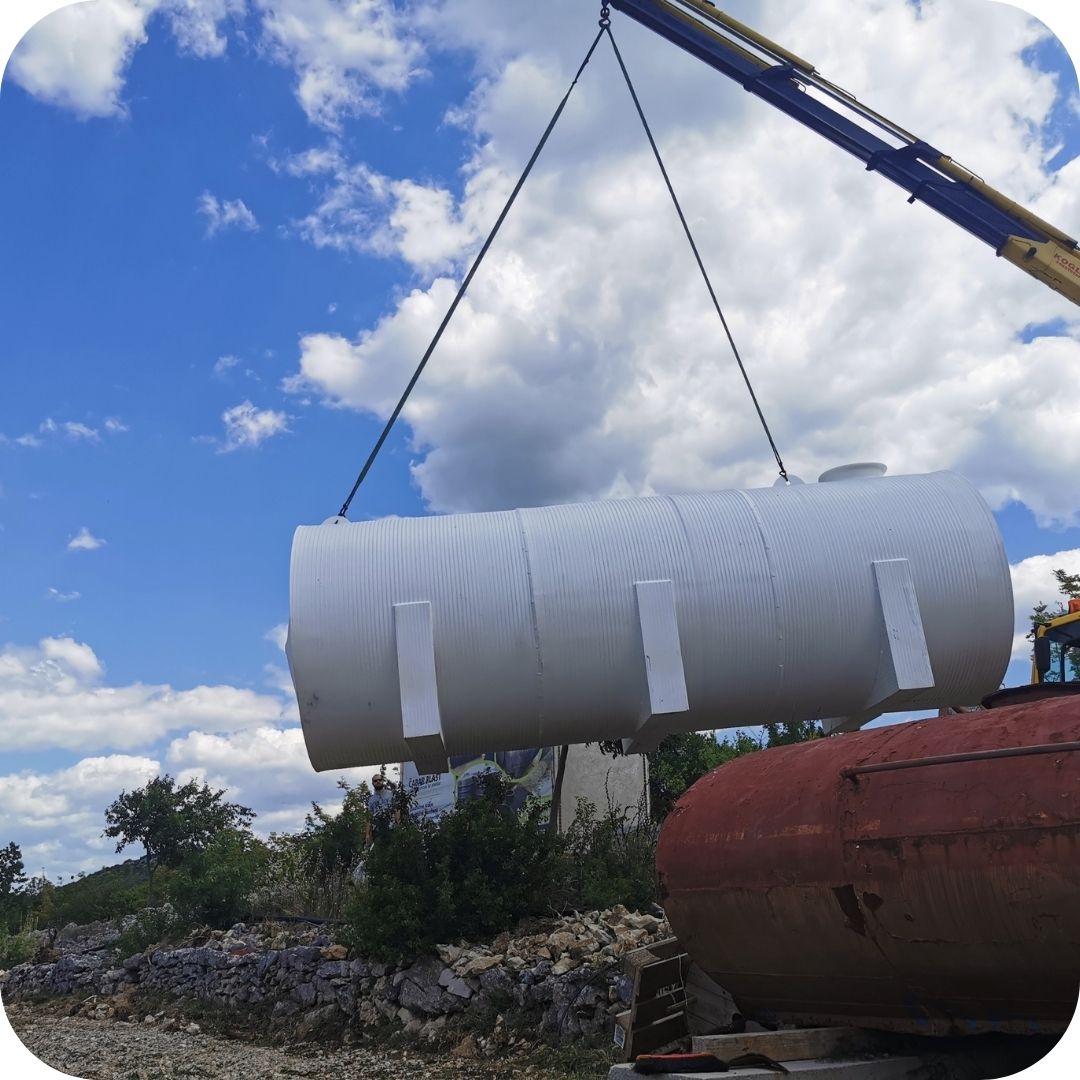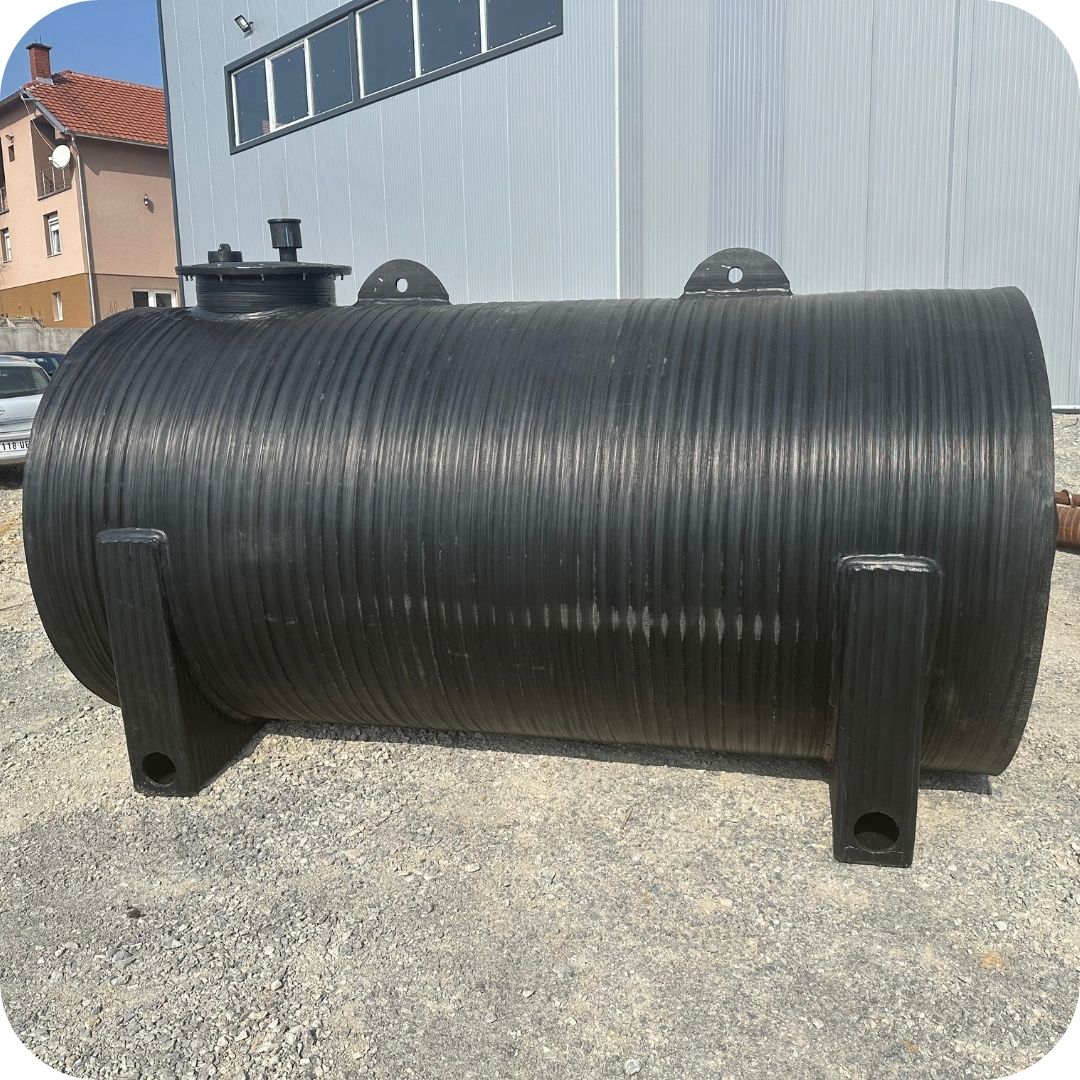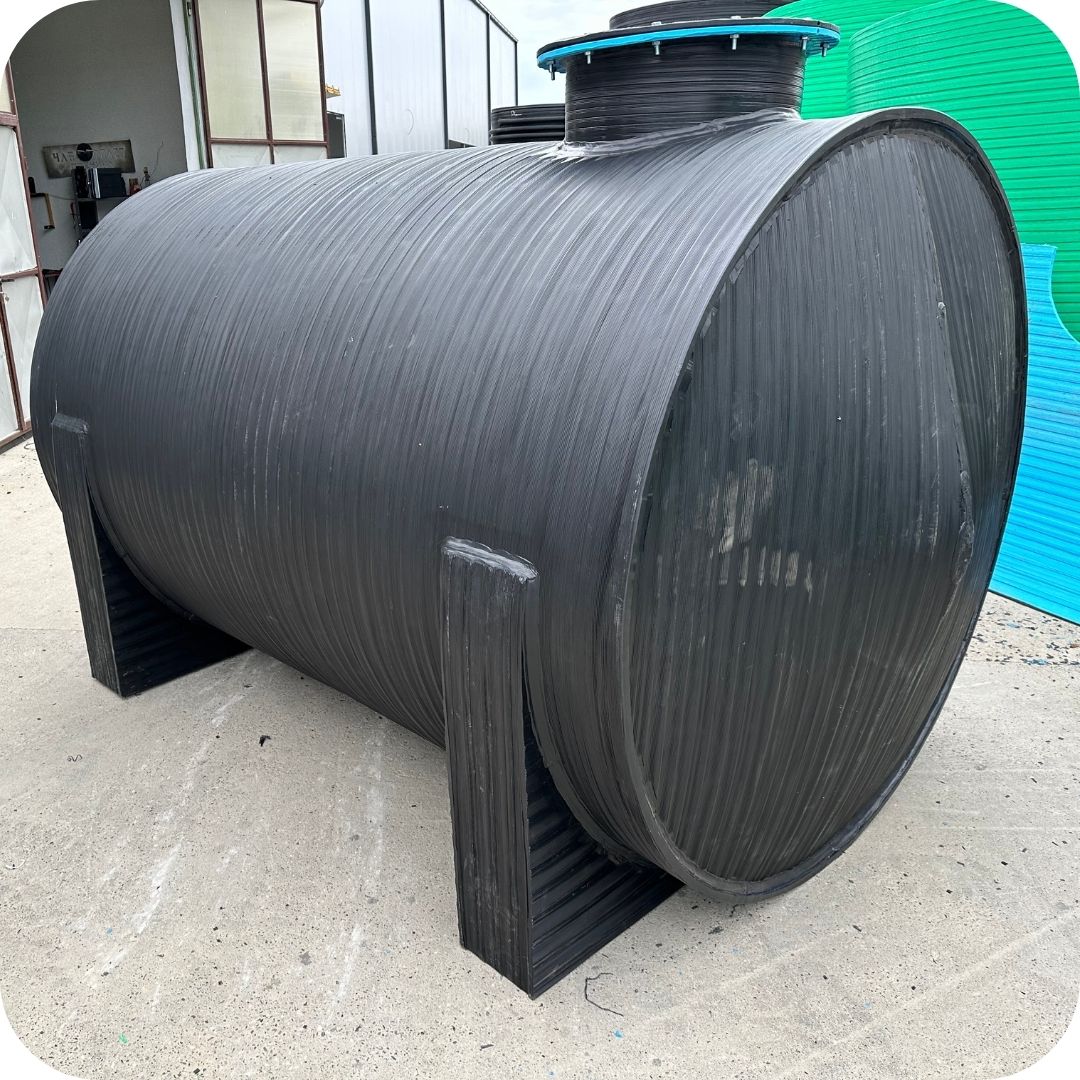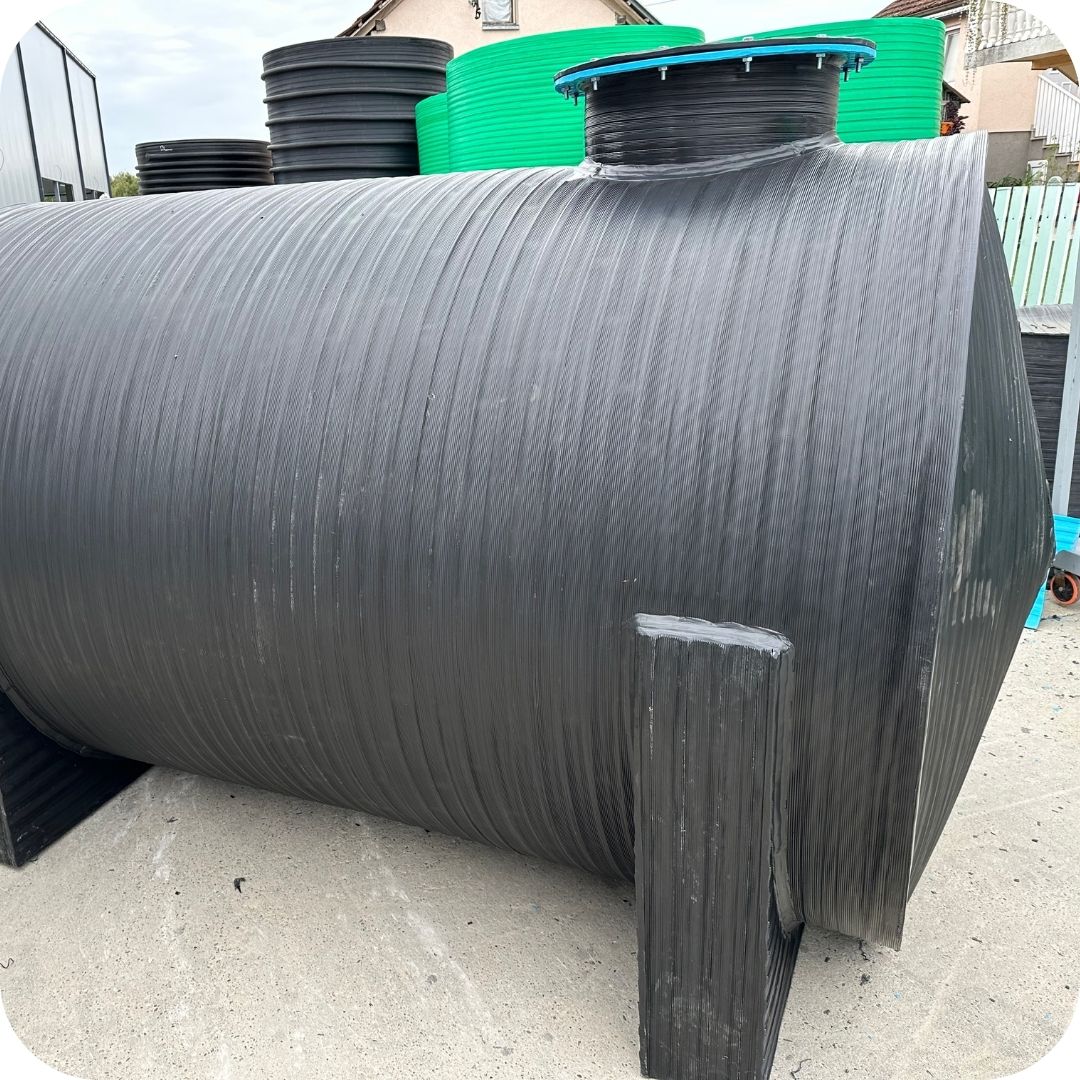Applications of Plastic Tanks and Reservoirs in Agriculture
One of the primary applications of plastic reservoirs in agriculture is irrigation and watering. Large tanks can be used to store significant amounts of water needed to maintain moisture during drought periods or in areas where water access is limited. This allows farmers to optimize plant growth and development, increasing yields and crop quality.
Plastic tanks are essential for transporting various liquids around the farm, including water, oil, fuel oil, as well as liquid fertilizers and pesticides. Thanks to their corrosion resistance and chemical inertness, these tanks are safe for transporting and storing a wide range of agrochemical products, protecting them from contamination and ensuring their efficient use in the field.
- Storage and Preservation of Liquids
Plastic reservoirs also serve as a long-term solution for liquid storage, including drinking water, rainwater, as well as liquid fertilizers and pesticides. Their impermeability and resistance to UV radiation guarantee longevity and preserve the quality of stored liquids.
- Customization for Specific Needs
A major advantage of plastic reservoirs and tanks is the ability to customize through the installation of various fittings and fixtures, such as valves, taps, level indicators, and inspection openings. This allows farmers to configure their watering, irrigation, or liquid transport systems according to specific needs and requirements, improving efficiency and productivity on the farm.











